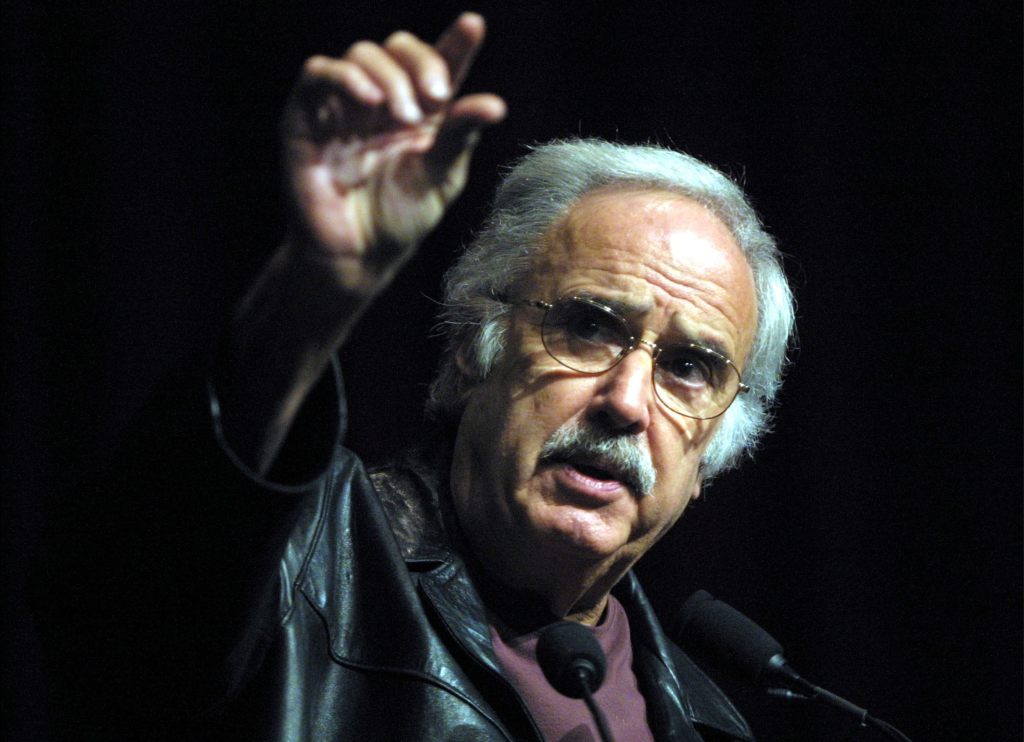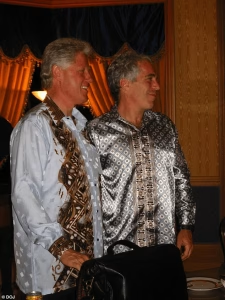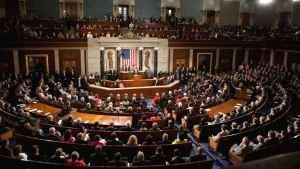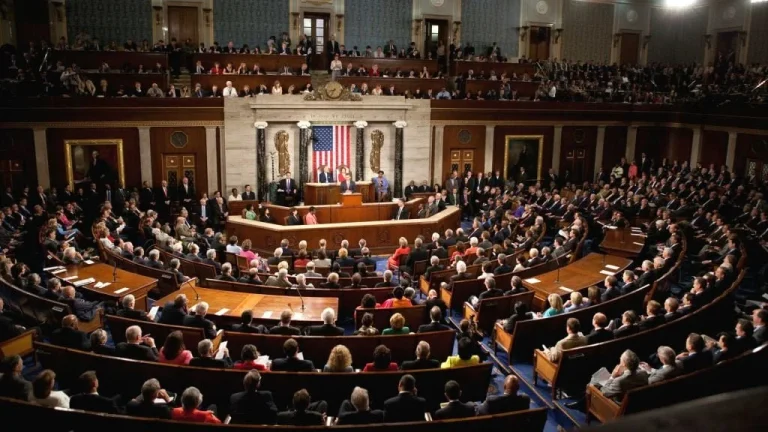The End of an Era
The political world often produces figures whose influence extends well beyond the walls of legislatures or the campaigns they wage. Their careers become interwoven with the struggles and aspirations of everyday people, their names synonymous with both progress and controversy. The recent death of one such leader has reminded the public of the extraordinary role he played over several decades, shaping policy, mentoring rising officials, and leaving behind a legacy defined by both grit and compassion.
He was known for a direct, sometimes abrasive style of communication that could make allies wince and opponents bristle, yet few could deny the results. His career was fueled by a fierce commitment to the working class, to social equity, and to giving a voice to those often left unheard in the corridors of power. He believed politics was not a performance but a tool for change, and he wielded that tool relentlessly.
Tributes poured in from across the political spectrum, not merely noting his passing but celebrating his unmistakable imprint on public life. Leaders recalled his ability to break through gridlock, to challenge entrenched systems, and to demand accountability from those who preferred compromise to conviction. Even those who occasionally clashed with him acknowledged that his devotion to principle was unwavering.
In an era when public discourse often feels rehearsed or superficial, he stood apart. His sharp humor, his refusal to mince words, and his unshakable belief in fighting for the underdog earned him admiration and criticism in equal measure. Now, with his passing at the age of 92, a long and colorful chapter in American political history has come to a close.
The Man Behind the Headlines
The man being remembered is John Burton, a lifelong political leader whose name became synonymous with progressive advocacy and unfiltered commentary. Born in Cincinnati and raised in San Francisco, Burton carried with him a working-class sensibility that shaped his entire career. His journey took him from local politics to the U.S. Congress, and later to leadership positions within his party, where his influence grew even more profound.
His family confirmed that he died of natural causes. Though expected at his advanced age, the loss has resonated widely because of the mark he left on public life. Few politicians in modern American history have combined such an unpolished style with such effectiveness. He was the rare figure whose sharp edges did not diminish his impact but instead underscored his authenticity.
Colleagues often said Burton never hesitated to speak his mind, whether in front of a crowded convention hall or in private meetings with governors and presidents. Yet beyond his salty language and gruff exterior lay a leader deeply committed to causes larger than himself: workers’ rights, education, healthcare access, environmental protections, and civil rights.
Nancy Pelosi, who would go on to become Speaker of the House, credited Burton with managing her very first congressional campaign in 1987. His mentorship extended beyond political tactics—he gave her, and many others, a model of fearless leadership grounded in values rather than expedience.

A Career Built on Conviction
Burton’s career began in earnest in the mid-1960s when he was elected to the California State Legislature. His time in state government was marked by bold initiatives that challenged entrenched interests and prioritized vulnerable populations. In the early 1970s, he briefly chaired the state Democratic Party, foreshadowing the national-level influence he would later wield.
By 1974, Burton had entered the U.S. House of Representatives, where his reputation for blunt honesty only grew. For nearly a decade in Congress, he was a relentless advocate for policies designed to expand opportunity for working families. Healthcare, labor rights, and education funding became recurring themes of his legislative efforts. At a time when Washington politics were often dominated by cautious incrementalism, Burton’s insistence on big, progressive change made him a unique force.
Even after leaving Congress in the 1980s, he remained a central figure in Democratic politics. His later years were dedicated not only to guiding younger politicians but also to creating lasting institutions, including a foundation that supported foster youth who had aged out of the system. That initiative alone, colleagues say, reflected the essence of his career: a refusal to let the most vulnerable fall through the cracks.
Tributes From Across the Political Landscape
News of Burton’s passing quickly prompted responses from some of the most recognizable names in politics. Governor Gavin Newsom called him “a legendary powerhouse that breathed life into our party and fought for a better future for everyone.” He highlighted Burton’s ability to unite people across racial, cultural, and ideological lines, crediting him with advancing inclusivity in American politics.
Pelosi described him as “a towering progressive warrior” and recalled his combination of sharp wit and steadfast guidance throughout her decades in Congress. Former San Francisco Mayor Willie Brown reflected on their decades-long friendship, stretching from their college years through their shared time in the state Assembly. To Brown, Burton’s influence was inseparable from landmark fights for civil rights and LGBTQ equality, including pivotal legislation in the late 1960s.
Former Representative Jackie Speier recalled his uncompromising advocacy, noting his frequent use of blunt language but also his compassion. “You could sum up John Burton in a lot of ways,” she remarked, “but one might be ‘no BS.’ He was gruff, he was rough, but he got things done and had a good heart behind it.”
Others noted his personal struggles and triumphs. San Francisco Supervisor Matt Dorsey praised Burton’s honesty about his recovery from addiction, calling it one of the most inspiring aspects of his life. Senator Scott Wiener described him as a “giant” whose memory strengthens today’s fight against authoritarianism.
A Complex, Enduring Legacy
Burton was never a politician who sought to please everyone. His critics found him abrasive, his language sometimes shocking, and his unwillingness to compromise frustrating. Yet it was precisely those qualities that made him effective. When he believed in a cause, he pursued it with a determination that few could match. Governors and fellow lawmakers alike acknowledged that when Burton wanted a bill passed, he usually found a way to make it happen.
He often described himself as a proud liberal, a label he wore with defiance even when it was politically unfashionable. Over the decades, his policies and initiatives helped reshape his party into the dominant force it remains today. More importantly, they directly improved the lives of millions—from workers who gained stronger protections, to students who benefited from increased education funding, to foster youth who found new opportunities thanks to his foundation.
His daughter, Kimiko, summarized his philosophy simply: “He always instilled in me that we fight for the underdog. There are literally millions of people whose lives he helped over the years who have no idea who he is.”
Remembering the Man
Burton’s legacy cannot be reduced to legislation or party leadership alone. He was a mentor, a fighter, and above all, a believer in the power of government to change lives. His style may have been unconventional, but it was precisely that authenticity that made him stand out in a political landscape too often dominated by calculation and caution.
The measure of his life is not only in the offices he held but in the generations of leaders he inspired and the communities that benefited from his tireless advocacy. For those who knew him personally, the memories are of laughter, blunt honesty, and a constant reminder that politics is about people first.
As tributes continue to flow and the nation reflects on his passing, one truth remains clear: John Burton’s influence will not fade with his death. It endures in policies still shaping lives, in leaders carrying forward his example, and in the countless individuals who, though they may never know his name, are living better lives because of his work.

James Jenkins is a celebrated Pulitzer Prize-winning author whose work has reshaped the way readers think about social justice and human rights in America. Raised in Atlanta, Georgia, James grew up in a community that instilled in him both resilience and a strong sense of responsibility toward others. After studying political science and creative writing at Howard University, he worked as a journalist covering civil rights issues before dedicating himself fully to fiction. His novels are known for their sharp, empathetic portraits of marginalized communities and for weaving personal stories with broader political realities. Jenkins’s breakout novel, Shadows of Freedom, won national acclaim for its unflinching look at systemic inequality, while his more recent works explore themes of identity, resilience, and the fight for dignity in the face of oppression. Beyond his novels, James is an active public speaker, lecturing at universities and participating in nonprofit initiatives that support literacy and community empowerment. He believes that storytelling is a way to preserve history and inspire change. When not writing, James enjoys jazz music, mentoring young writers, and traveling with his family to explore cultures and stories around the world.







